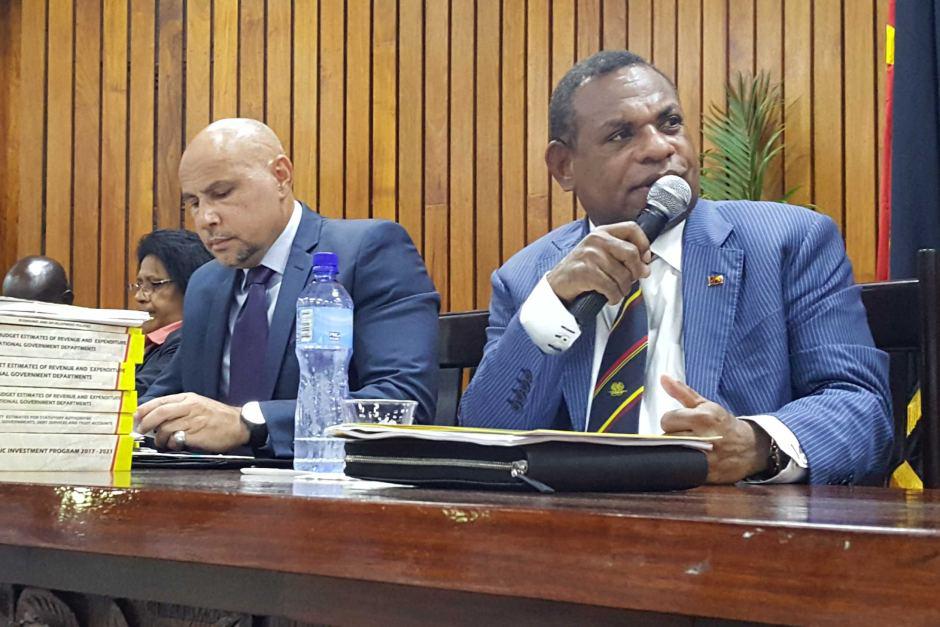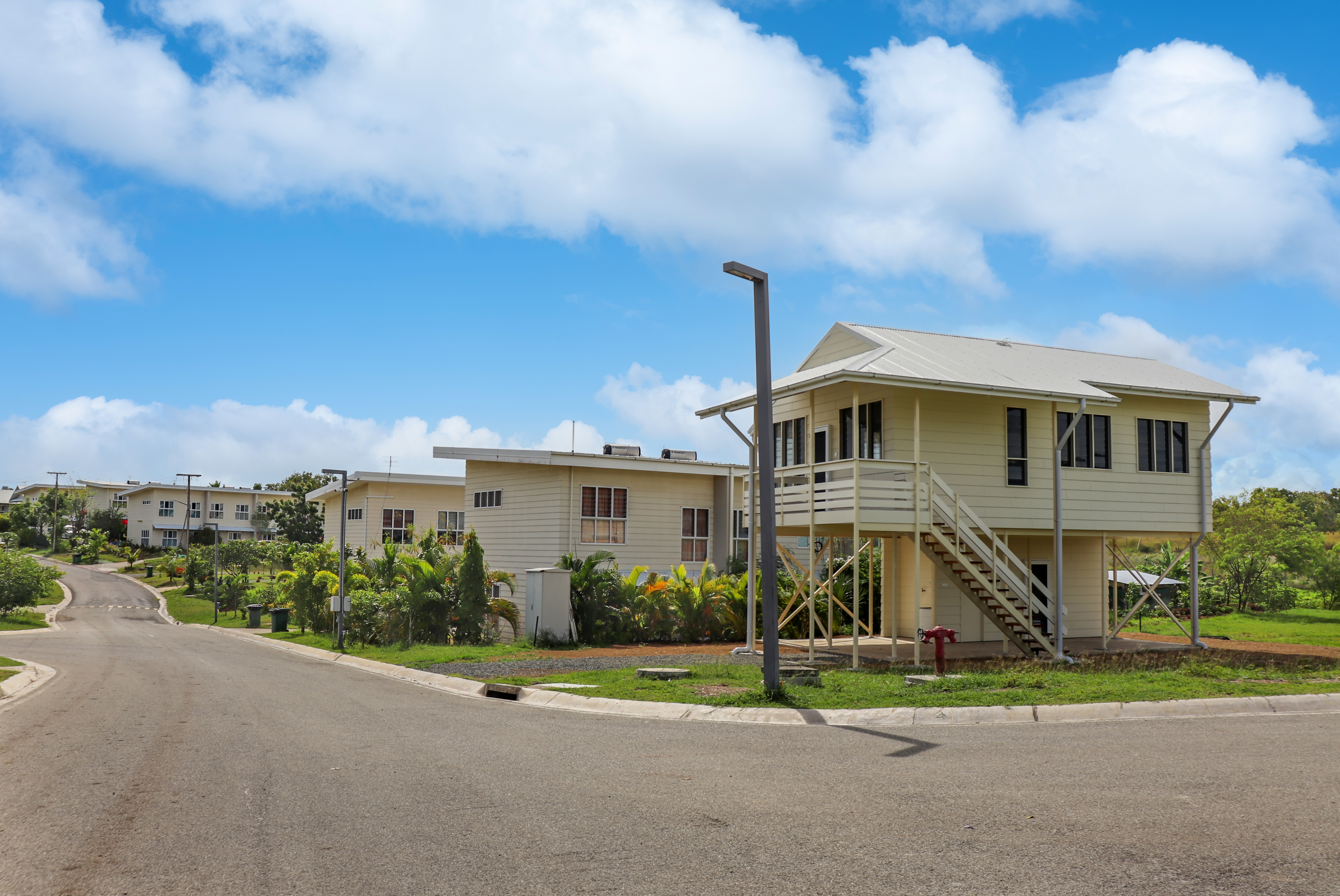Eyebrows were raised after the announcement of a change in housing benefits for 2017. But the government was quick to come to its defense and explain that the uproar is nothing but a product of a misunderstanding. This is a sentiment that was explained by Treasury Secretary Dairi Vele during a conference with media outlets.
Sorting out Speculation
Secretary Vele noted that what the changes were clearly stated in the documentation of the budget. He explains that the scope of the change included only those with an accommodation cost of K3,000 a week. He says that “the amendment will not affect low-to-medium income accommodation rates.”
This entails that there will be no increase in tax liability for families in the low and medium income tax brackets. The increase will instead be shouldered by those in the higher to highest income tax brackets. He clarifies, “There has been an increase in rates for the highest end of the market and will not affect ‘ordinary workers’ as has been claimed.” He says that “the policy is clear in maintaining the existing level of taxation for tax payers in the low-to-middle cost employer provided housing.”
Vele also urges everyone to establish the facts first. He states, “I call on commentators to seek clarification from Treasury or IRC before before self-promoting themselves through false news.” And because of the recent outcry against the changes made on the housing benefits, Vele says that a new mechanism has been initiated by both the IRC and the Treasury to provide clear and factual information through a government website. He adds that clarifications can also be made through a dedicated phone line. Details of both mechanisms have yet to be announced.
All is Fair
One key directive was given to the secretary by the treasurer and Prime Minister. The 2017 budget should maintain a fair system that would help improve the economy. Vele explains,
“You do not stimulate economic activity by imposing costs on the workers and our growing middle class, you need to make it easier to stimulate further consumer spending.” He continues, “This shifts the burden of these costs away from the lower and middle income brackets, towards higher income brackets where the higher earners are better able to absorb the costs.
He also explains that this is a step to make real estate affordable for those earning lower income. Vele says that “the changes were made to better reflect the current market rental values so the ordinary income earners can afford housing.”
Treasury Minister Patrick Pruaitc seconds the sentiments of Vele. In a separate occasion, “This change will only affect high income earners who are provided with expensive accommodation and it will raise around K6 million annually.” He adds that this is fair because people receiving housing allowance in the form of cash are taxed using marginal rates.
Pruaitc also says that “the 2017 budget only extended taxes that have been implemented since 2011 to include two new categories that encompass very high housing rentals.”
2017 will be a new year and this clarification may finally allow for a more peaceful transition towards a more stable mechanism. Not everyone will be happy, but this may just be the necessary step towards a much better economy.




Comments